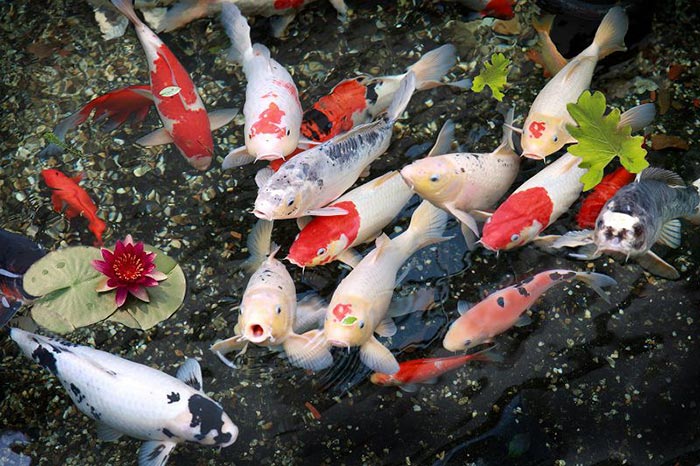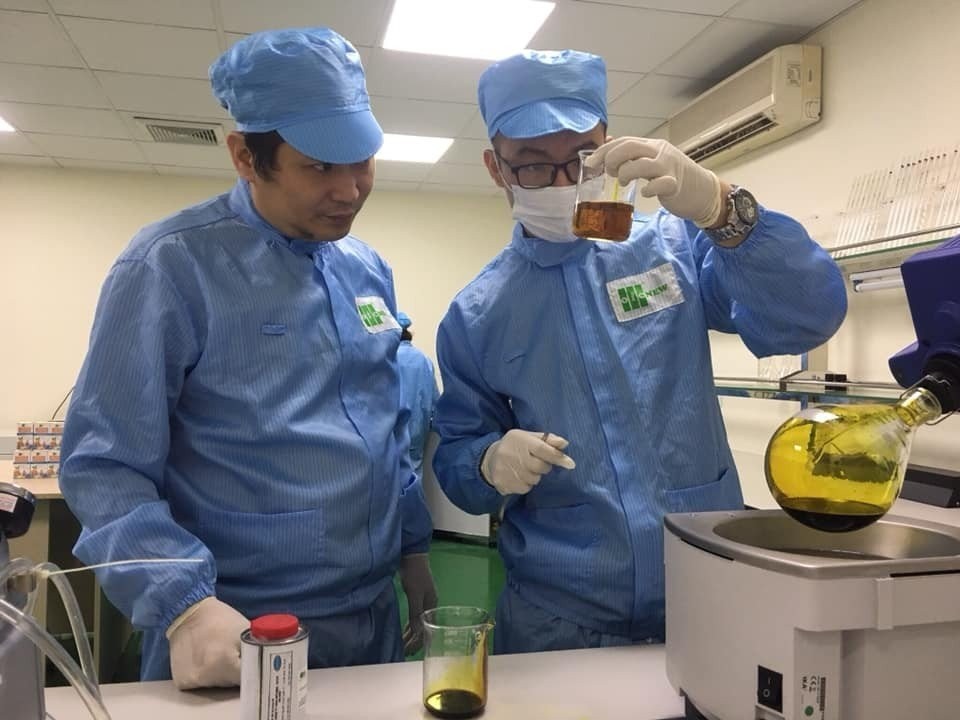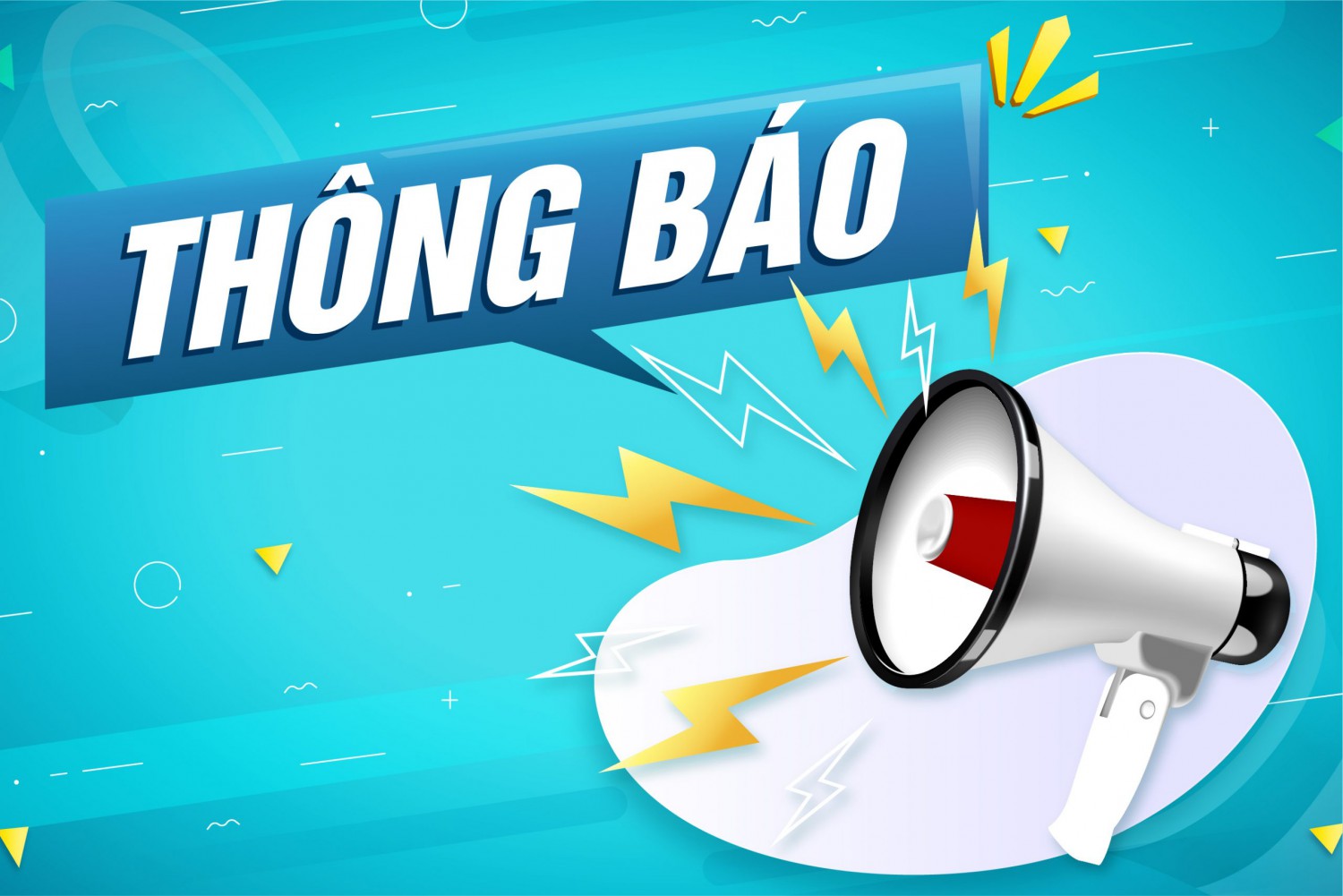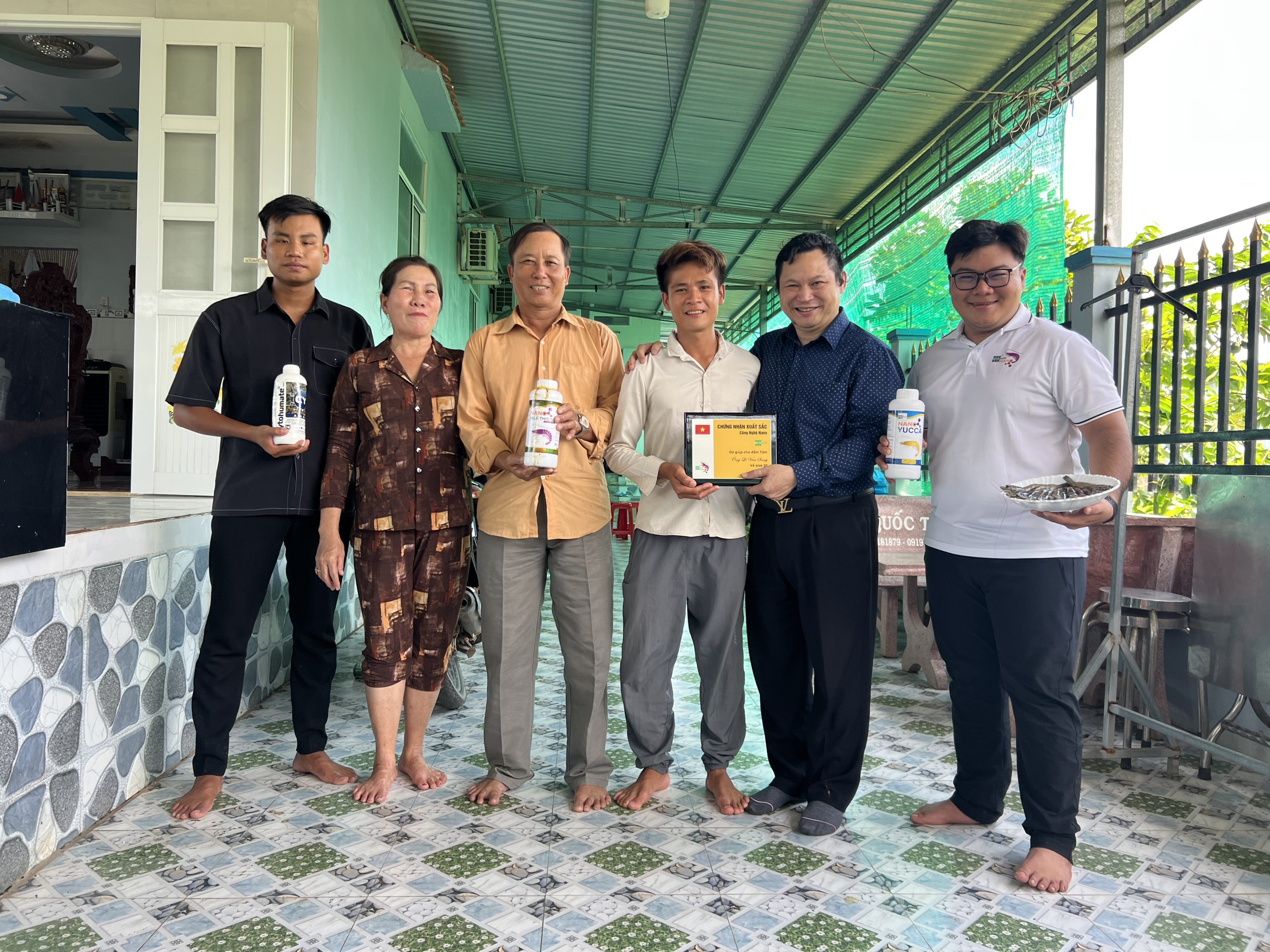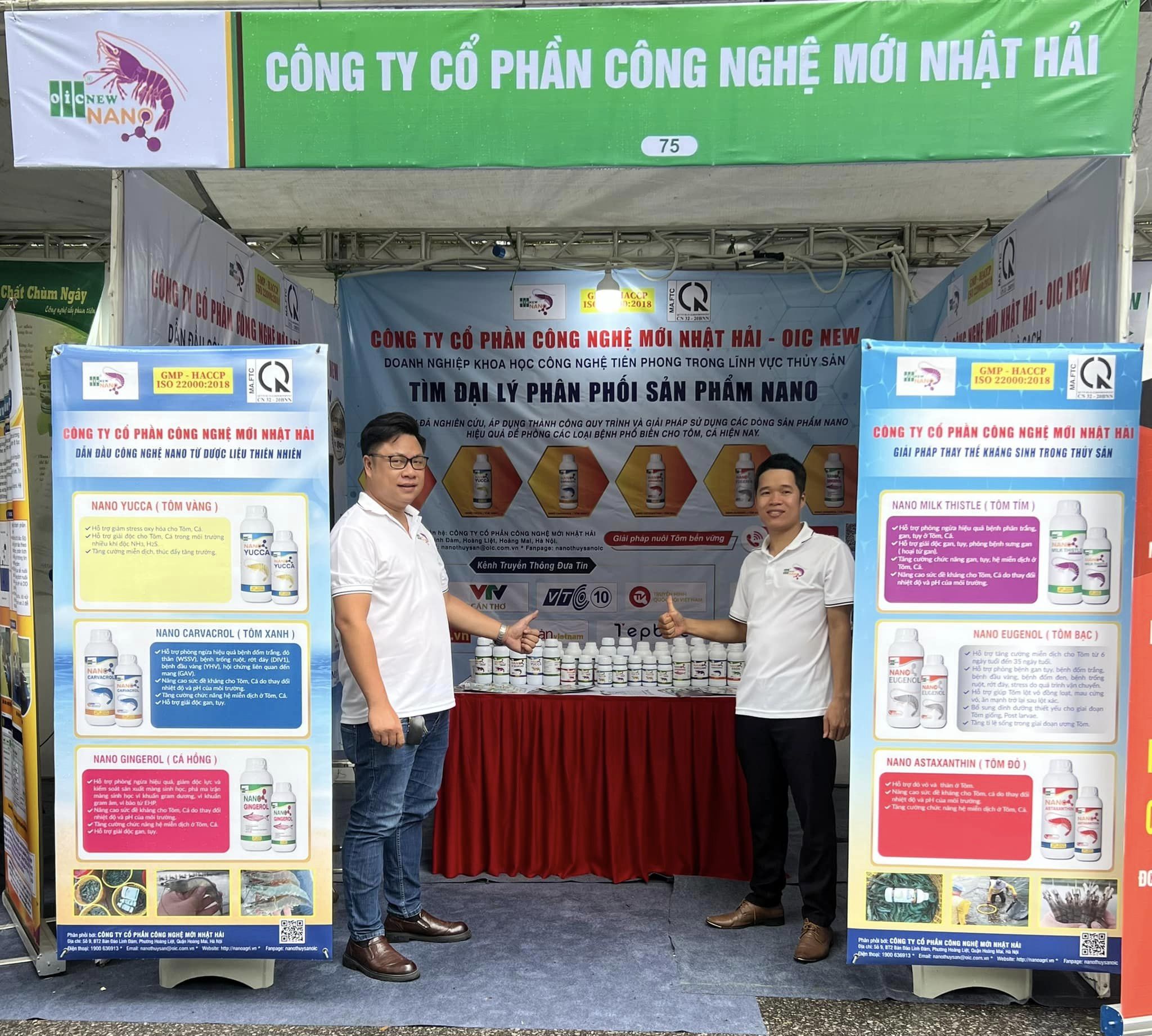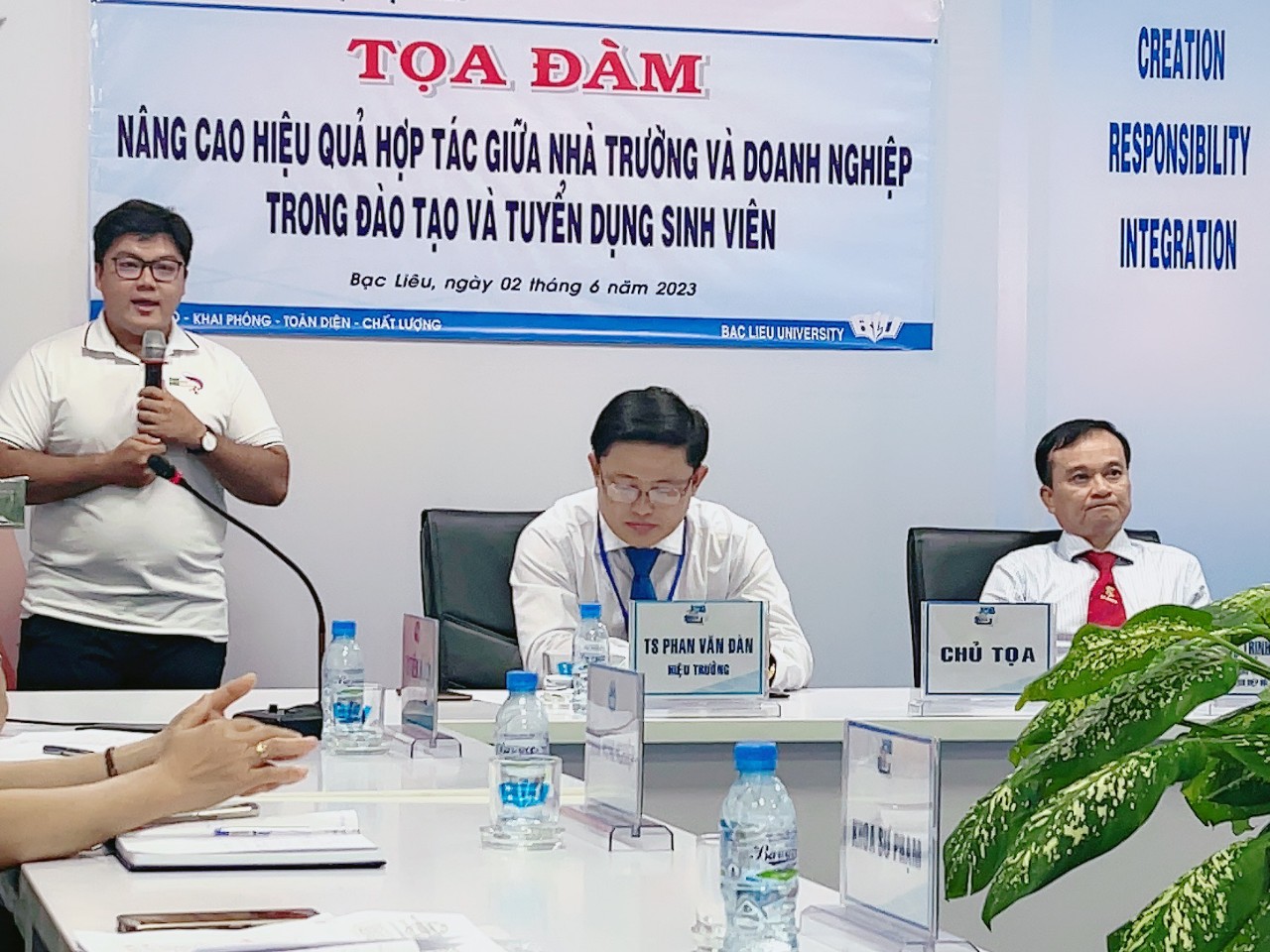How to recognize the symptoms of Koi fish disease
It is important for a Koi fish breeder to understand your fish. From there you will discover their abnormalities, for example, a change in their appetite can also be a sign telling you the condition of the Koi fish.
Koi fish will have specific feeding times if you feed them at the correct daily time frame. They will come close to the water when they hear the feeder approaching. Koi fish in poor condition may stay away from the feeding area when other fish in the school are rushing to grab food.
To ensure that your Koi fish remain healthy, you need to check the water parameters to detect abnormalities and handle them as soon as possible.

Determine the cause of Koi fish disease
The first thing to do is determine the cause of the problem. Koi fish are mainly affected by their water environment, diet, and pathogens.
If food is the cause of illness in Koi fish
Food provides energy for daily activities and supports the growth of Koi fish tissues and bones. Improper feeding can lead to a dysfunctional metabolic system, which can easily upset the health of Koi fish. Diet itself is directly related to maintaining the health of Koi fish.
Waste and leftover food are clues that food is the cause of Koi fish disease. It is quite difficult for new breeders with enough experience to recognize the symptoms of Koi fish diseases.

Check the lake’s water quality
Next you need to check the water quality and filtration system of the lake. Some signs of poor water quality include color and odor. Check to see if the water is discolored or if there are bubbles on the surface. Does leftover food and waste make the water in the tank smell?
When Koi fish act differently than usual, you need to check the color of the water. If the water turns green and disappears overnight, it is a sign that the phytoplankton in the pond has died. Phytoplankton cannot all die in 1 day, this proves that you did not treat the chemicals properly so they could destroy all living organisms in the lake.
If the tank smells bad, it could be a sign of a filter system problem. Foul odors along with foaming of the water surface can indirectly make fish sick.
The cause of foaming on the surface of the koi pond is due to the increased content of organic matter such as protein. Usually when you overfeed your Koi fish it leads to a surplus of food between spring and fall.
Points to note are water quality, filtration and cleaning systems, amount of sunlight entering the pool, presence of any chemicals in the pool and medication use and diet of Koi fish.
What is the cause of most water quality problems?
Many people who are just starting out with Koi ponds do not have a proper filtration and aeration system. This is really more important than spending money to buy Koi fish.
After checking the water condition of the pond, you need to pay close attention to your Koi fish. Pay attention to whether there is just one Koi fish acting differently from the rest or the entire Koi fish group. First check the Koi fish for respiratory distress and behavior
Causes affecting Koi fish ponds
Reasons can be poor water environment, inappropriate feeding regime and contamination by pathogens. When Koi fish suddenly eat less, consider the water environment or inappropriate feeding, then pathogens.
For example, sudden changes in water temperature at the beginning of spring, rainy season or summer days will cause an increase in the number of parasites and bacteria in Koi fish ponds.

Signs of sick Koi fish
If the Koi fish swim weakly around the surface of the tank it is a sign of lack of oxygen in the tank or gill damage.
When Koi fish open their mouths to breathe heavily, it is also a sign of respiratory problems, possibly due to lack of oxygen or gill dysfunction. Koi fish often float on the water surface or gather around the waterfall to get oxygen.
Raising Koi fish without aeration will cause lack of oxygen, the reduction of oxygen in the water will also damage water quality, from which the Koi fish will suffocate.
If Koi fish are concentrated at the bottom of the lake, it is most likely a sign of disease in Koi fish. When Koi fish are not healthy, there will be signs such as gathering at the bottom of the pond, being sensitive to sound, swimming erratically and lethargically around the pond surface. Most Koi fish diseases have similar symptoms, so it is difficult to diagnose the disease based on the fish’s behavior.

If Koi fish rub their bodies against the tank wall or bottom, it is a sign that they may have parasites. If the water quality is good, it will help minimize parasite outbreaks and help the Koi fish’s condition get better.
Some signs appearing in Koi fish may be initial symptoms of the problem. It is important to find the causes early to address them before they become more serious. Observe and look at your Koi fish every day to be able to detect Koi fish pathogens early.







